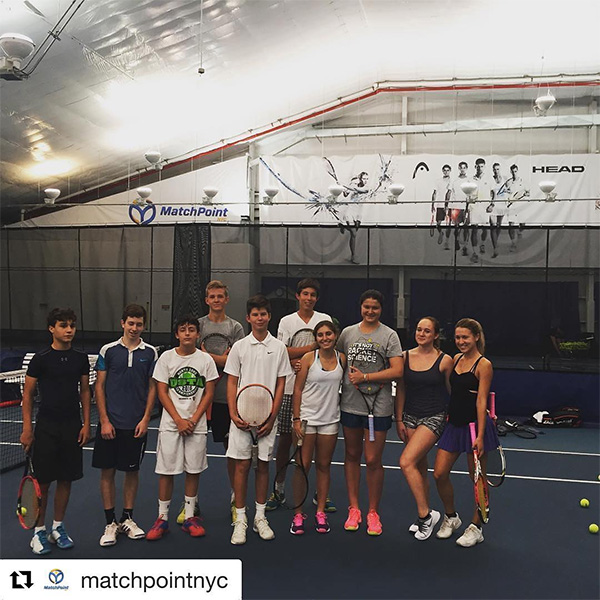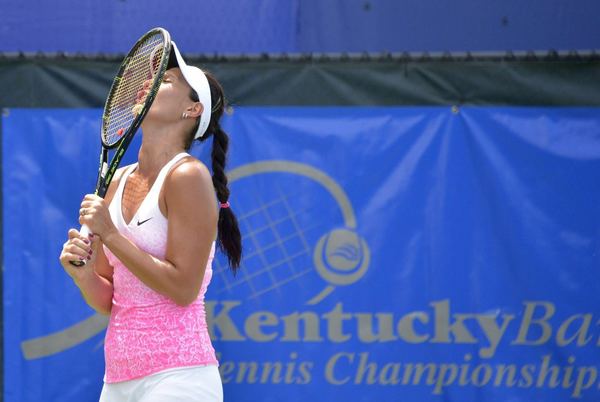Bacsinszky Ready To Regroup For An Even Bigger 2017
2016 Quick Hits
Week 1 Ranking: No.12
Year-End Ranking: No.15 (Career-High No.9, 5/16/2016)
Season Highlights: Title at Rabat, SF at Miami
Best Major Result: QF (French Open)
15 Days until the 2017 #WTA season! pic.twitter.com/OBNhWd6KB3
— WTA (@WTA) 17 de diciembre de 2016
2017 Outlook
Is it still called second season syndrome when you’ve been on tour for 12 years?
After a meteoric rise in 2015 – which saw her start the year ranked around the Top 50 and end with two titles, two finals, a Grand Slam semifinal, and a Top 10 ranking – Timea Bacsinszky’s season this year looked to have hit a plateau.
After a lingering knee injury led to a frustratingly slow two months, the Swiss player still put together a run to the Miami Open semifinals – knocking out big names like Agnieszka Radwanska and Simona Halep along the way – then backed it up with a title in Rabat, quarterfinal in Rome and a return to the French Open quarterfinals.
And while she did reach her career-highest ranking of No.9 back in May, Bacsinszky admits that 2016 didn’t end up being all it could be.
“This year was kind of particular because started it with a bit of delay,” she told WTA Insider at the Huajin Securities WTA Elite Trophy Zhuhai. “And I was trying so hard to come back, because it’s tough to be Top 10 and ending up losing quite easily in the first few tournaments of the year.
“The will to do well was there, but really I didn’t have enough in my hands and enough in my legs. Mentally, I was prepared, so I just looked forward and told myself, ‘It’s going to come. Sooner or later, it’s going to come.'”
Looking ahead to 2017, Bacsinszky will be looking to translate all of that desire into results and bring her trademark creative style onto the big stage. With a second consecutive Top 20 finish under her belt, the Swiss will be eager to keep rising and prove she belongs among the big names.






